
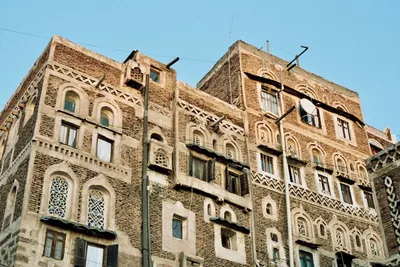
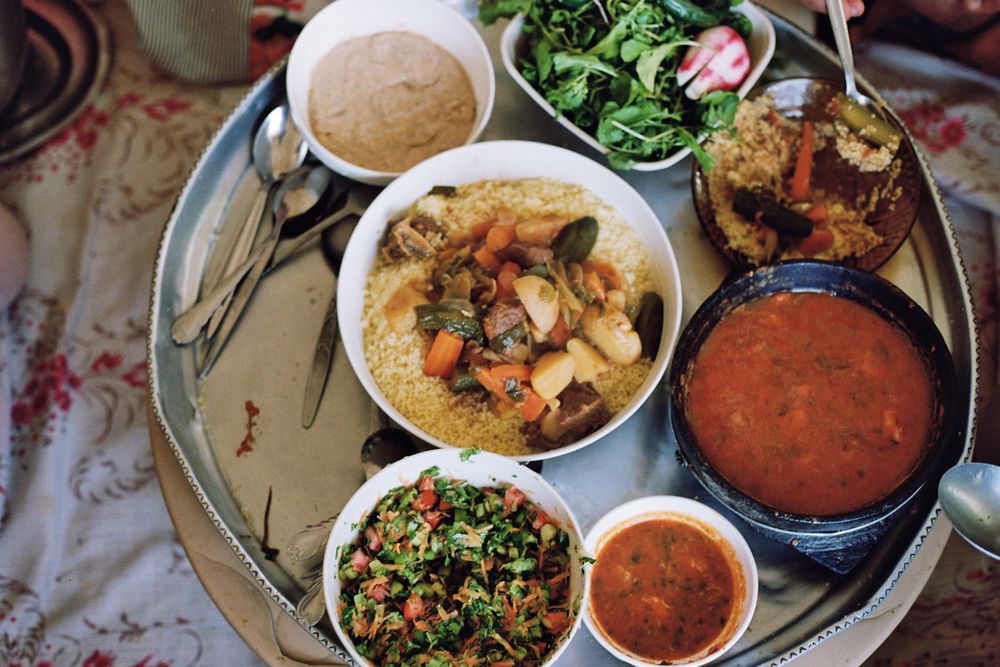
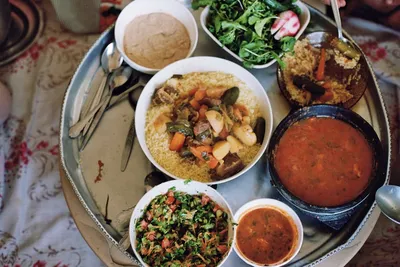
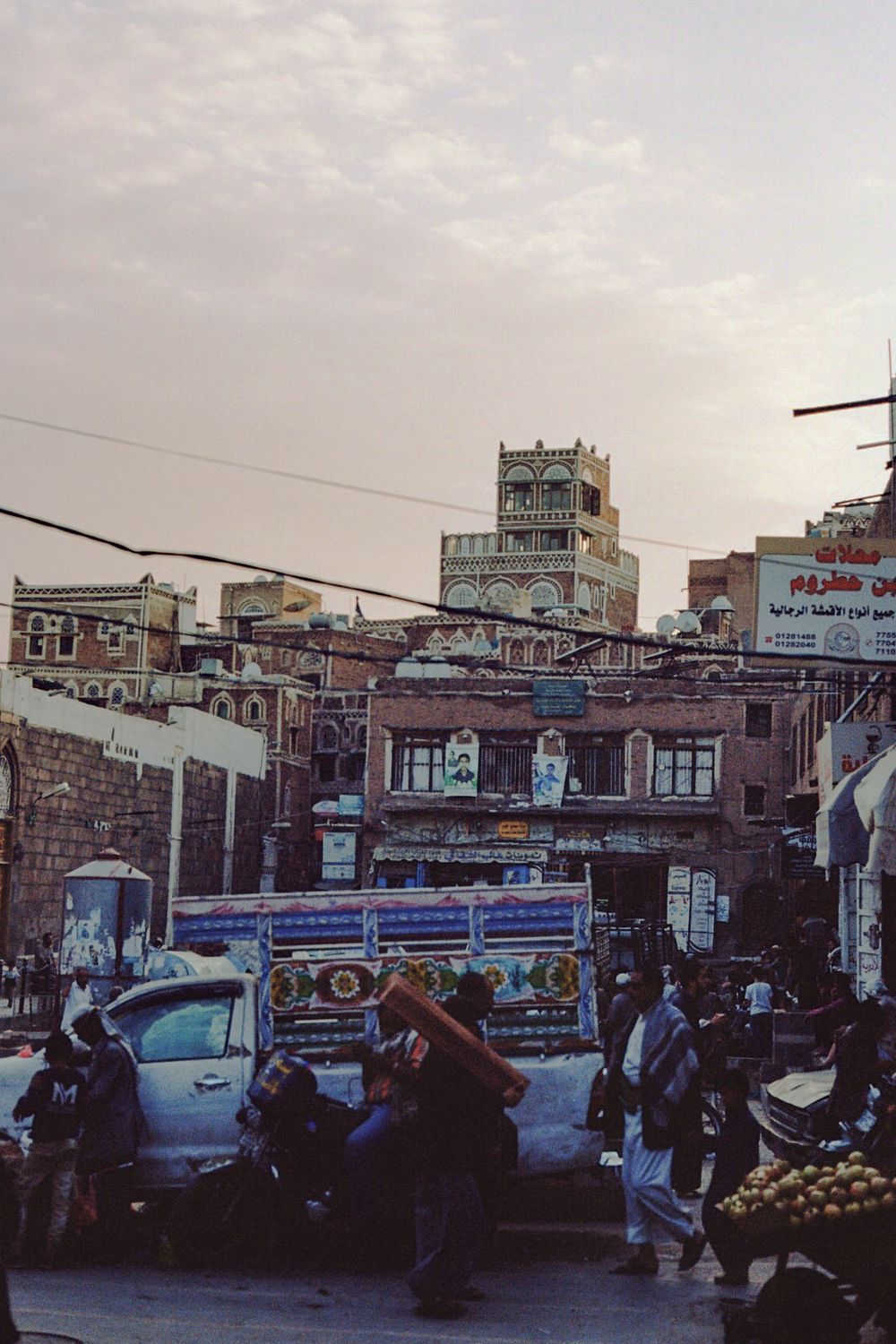
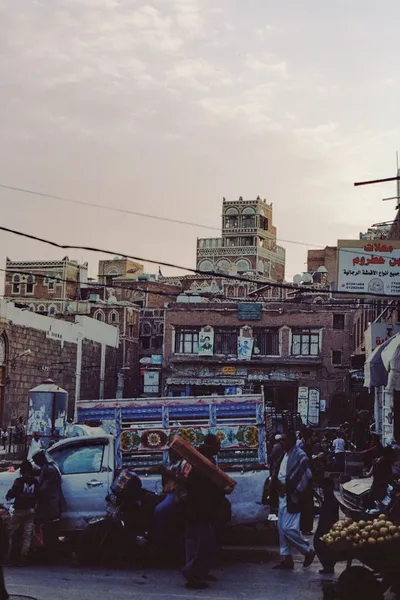
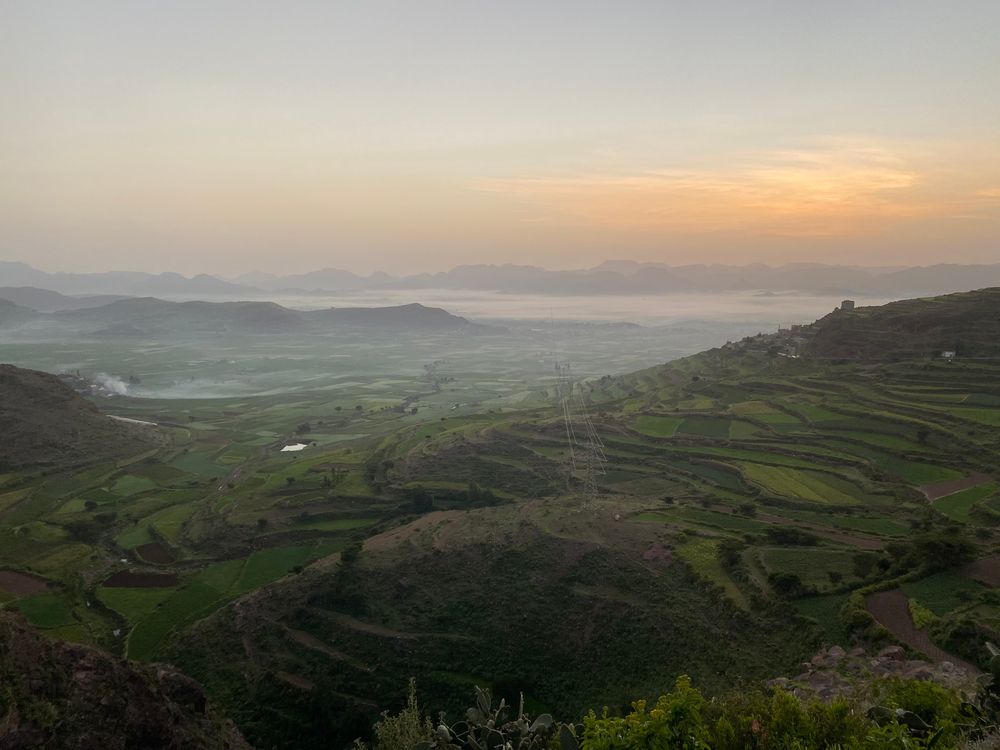
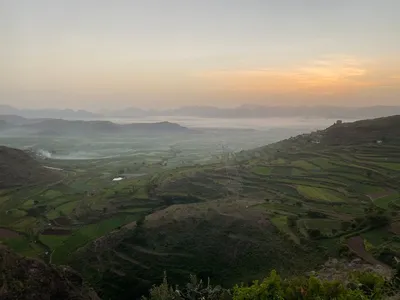
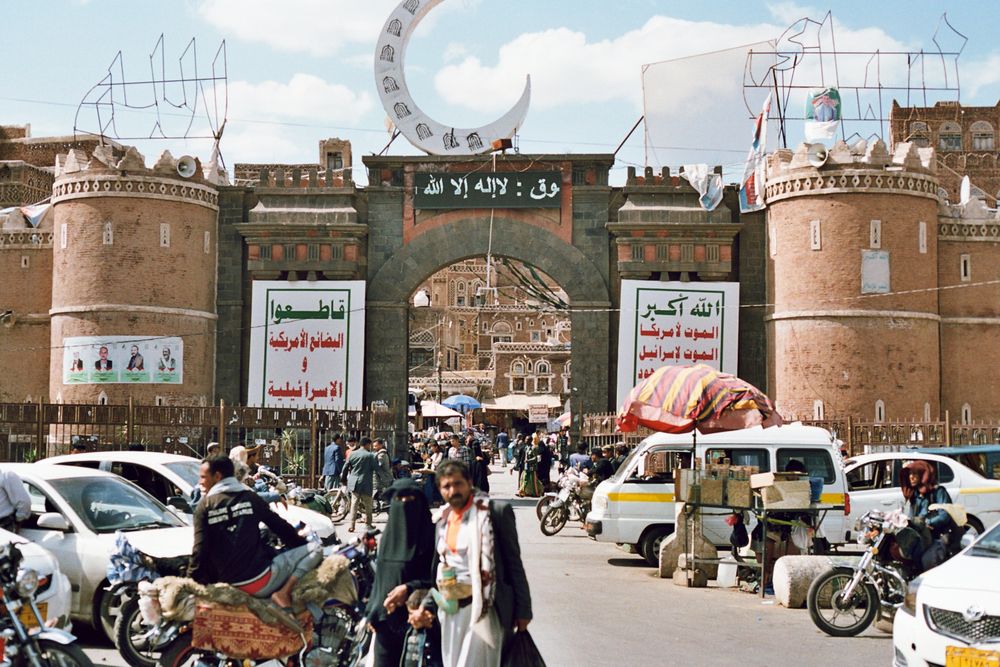
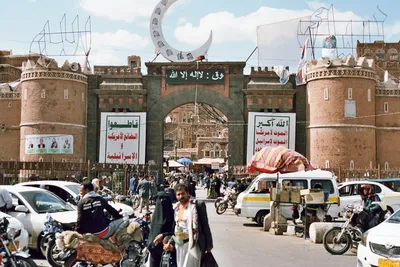
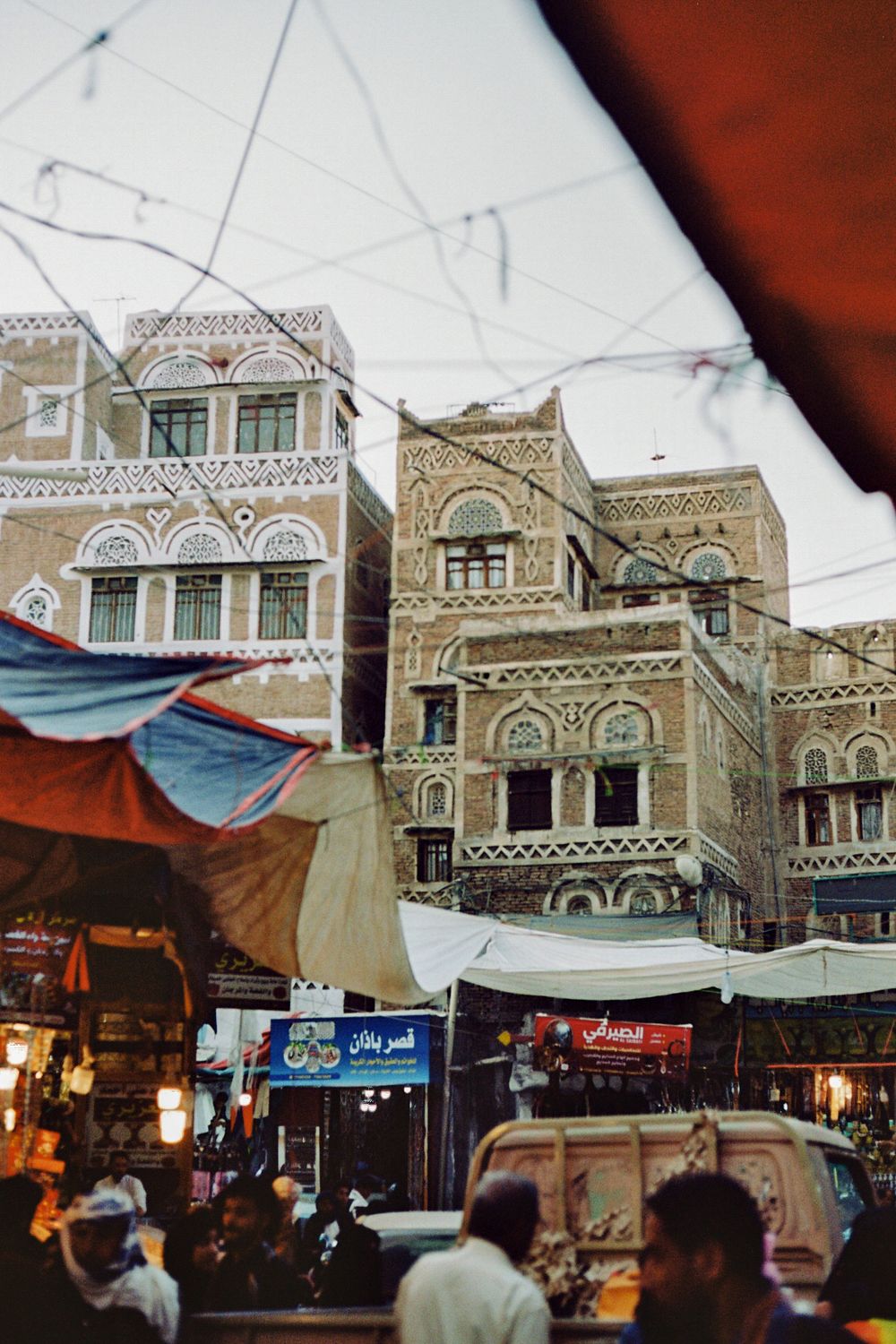
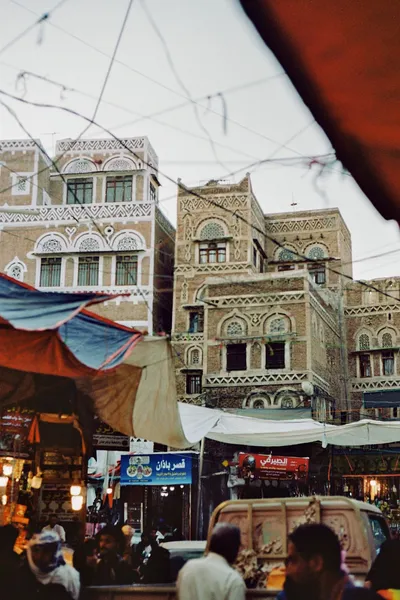
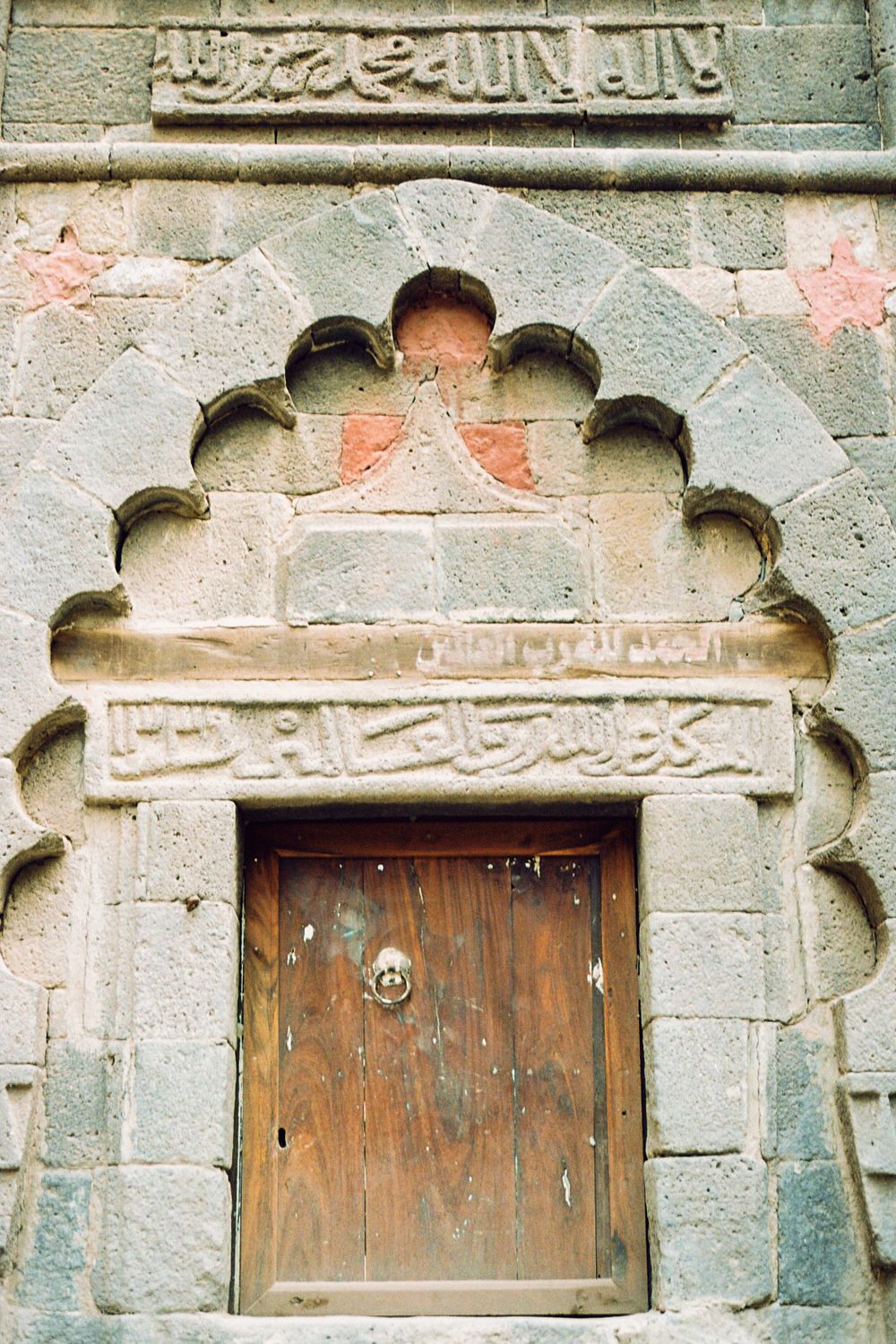
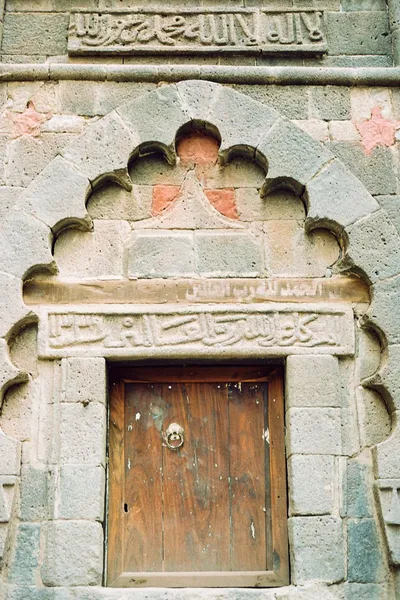
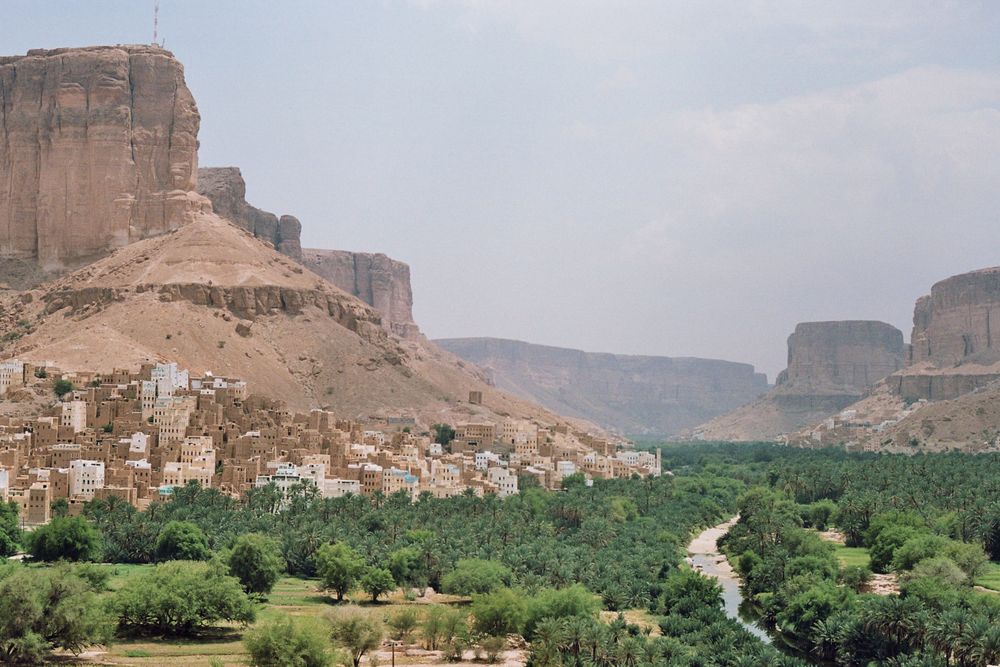
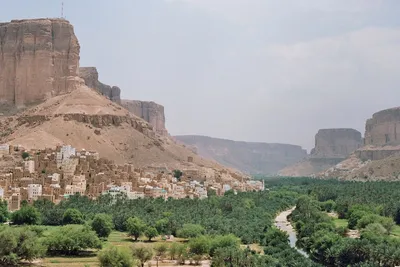
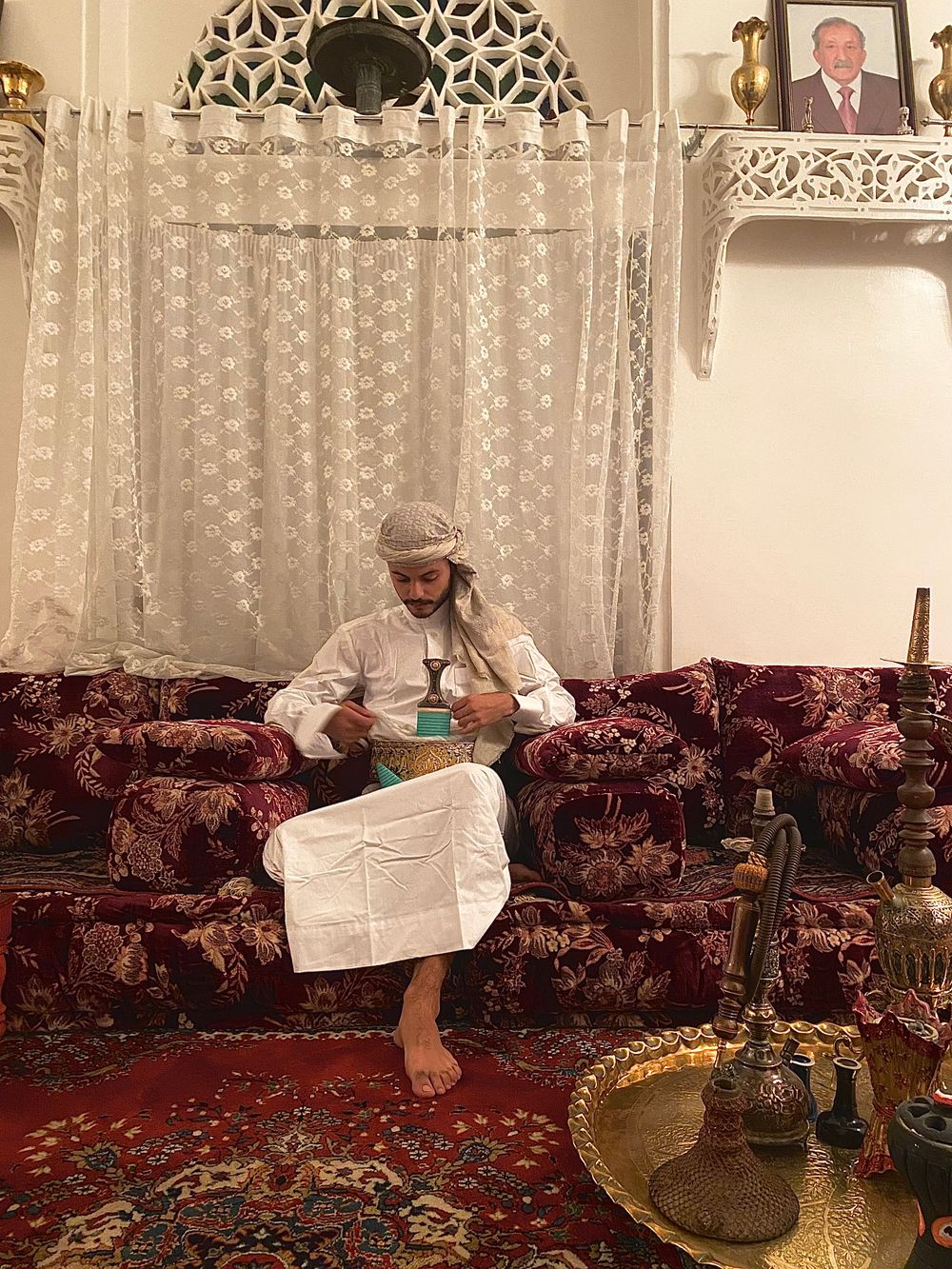
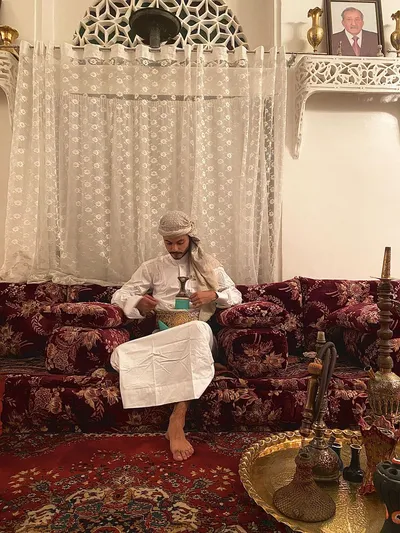
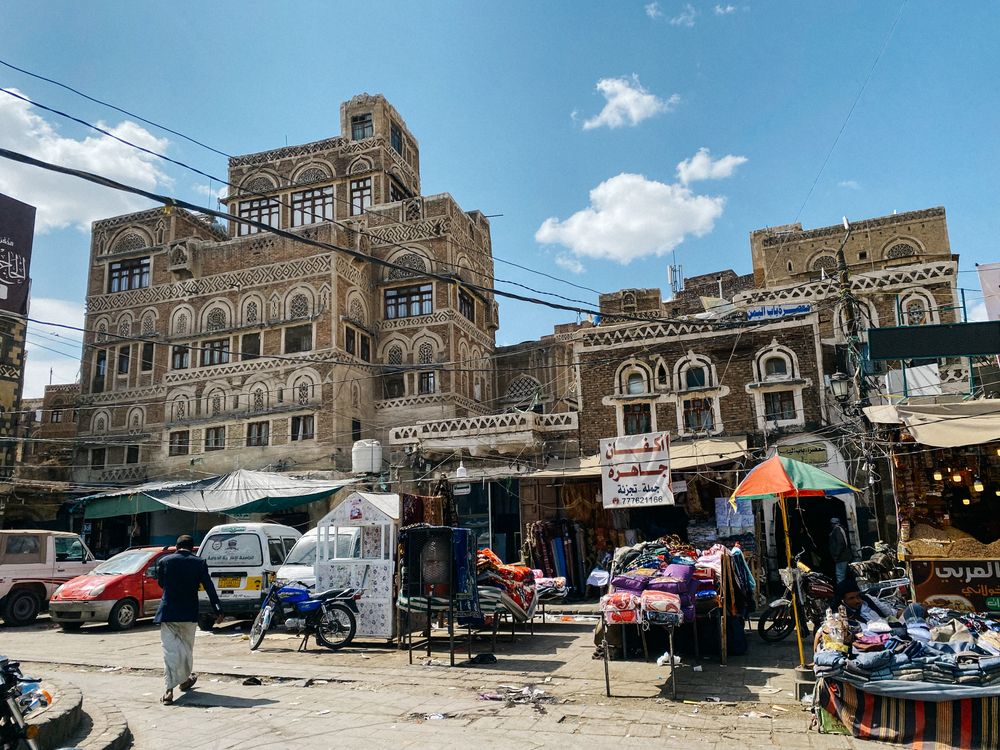
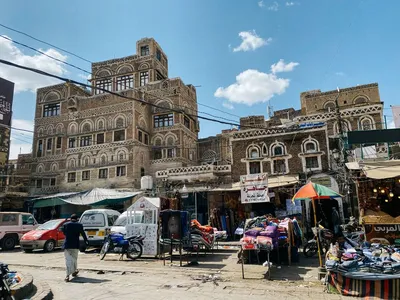
I was born and raised in France, and Yemen is the country of my father.
Every summer, my family and I traveled all over Yemen. We stayed in Aden, Ibb, Taiz, Bab al-Mandeb, Mokha, Hodeidah... My parents used to take the three of us hiking in the Yemeni mountains, swimming in waterfalls, visiting lush green wadis. The memories my brother, sister and I share of our visits are indelible.
Of all these memories, those spent in the family home in Sana'a are undeniably the sweetest. The hours spent in my grandmother's orchard could have lasted forever, and we would never have tired of it. It was a veritable Garden of Eden.
A native of the Yemeni mountains and a lover of nature, my grandmother looked after her vines, pomegranate and fig trees like they were the apple of her eye. In the shade of the vineyard, two turtles made their home, much to our delight. The climate is mild but dry in the Sana'a summer, ideal for our children's games. It is also the season of monsoon rains, and not a summer went by without us witnessing downpours of water pouring down on the city. After the rain, Sana’a gives off a soul-soothing smell of wet earth.
We often lost ourselves in the old town, one of the most beautiful in the Arab world, dotted with gardens and tower houses elegantly decorated with stucco and a thousand-coloured stained glass windows.
I visited Sana’a in 2013, and didn’t return until 2021. Despite the war and its scars, I was finally able to reconnect with my family and my second country, only to realise how much I had lost.